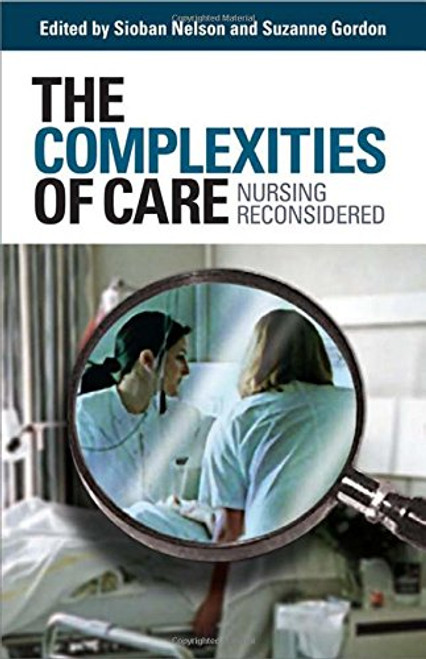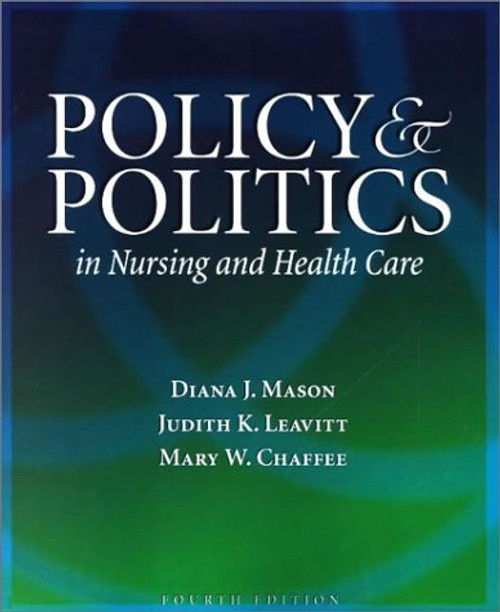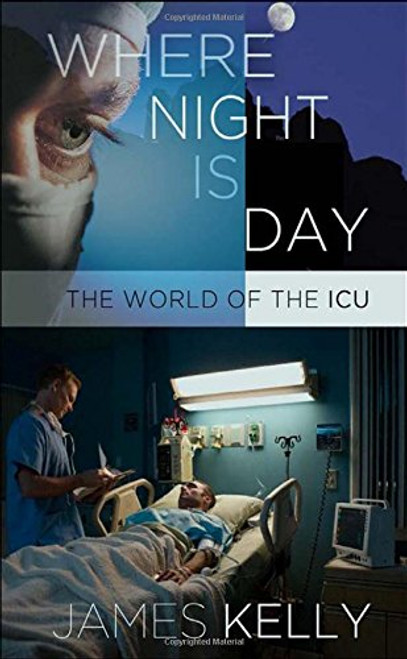Nursing, everyone believes, is the caring profession. Texts on caring line the walls of nursing schools and student shelves. Indeed, the discipline of nursing is often known as the 'caring science.' Because of their caring reputation, nurses top the polls as the most-trustworthy professionals. Yet, in spite of what seems to be an endless outpouring of public support, in almost every country in the world nursing is under threat, in the practice setting and in the academic sector. Indeed, its standing as a regulated profession is constantly challenged. In our view, this paradox is neither accidental nor natural but, in great part, the logical consequence of the fact that nurses and their organizations place such a heavy emphasis on nursing's and nurses' virtues rather than on their knowledge and concrete contributions. from the Introduction
In a series of provocative essays, The Complexities of Care rejects the assumption that nursing work is primarily emotional and relational. The contributors-international experts on nursing- all argue that caring discourse in nursing is a dangerous oversimplification that has in fact created many dilemmas within the profession and in the health care system. This book offers a long-overdue exploration of care at a pivotal moment in the history of health care. The ideas presented here will foster a critical debate that will assist nurses to better understand the nature and meaning of the nurse-patient relationship, confront challenges to their work and their profession, and deliver the services patients need now and into the future.
Contributors: Sanchia Aranda, University of Melbourne and Peter MacCallum Cancer Centre; Rosie Brown, University of Melbourne; Sean Clarke, University of Pennsylvania and University of Montreal; Suzanne Gordon; Marie Heartfield, University of South Australia; Tom Keighley, Royal College of Nursing; Diana J. Mason, American Journal of Nursing; Lydia L. Moland, Babson College; Sioban Nelson, University of Toronto; Dana Beth Weinberg, Queens College, CUNY








